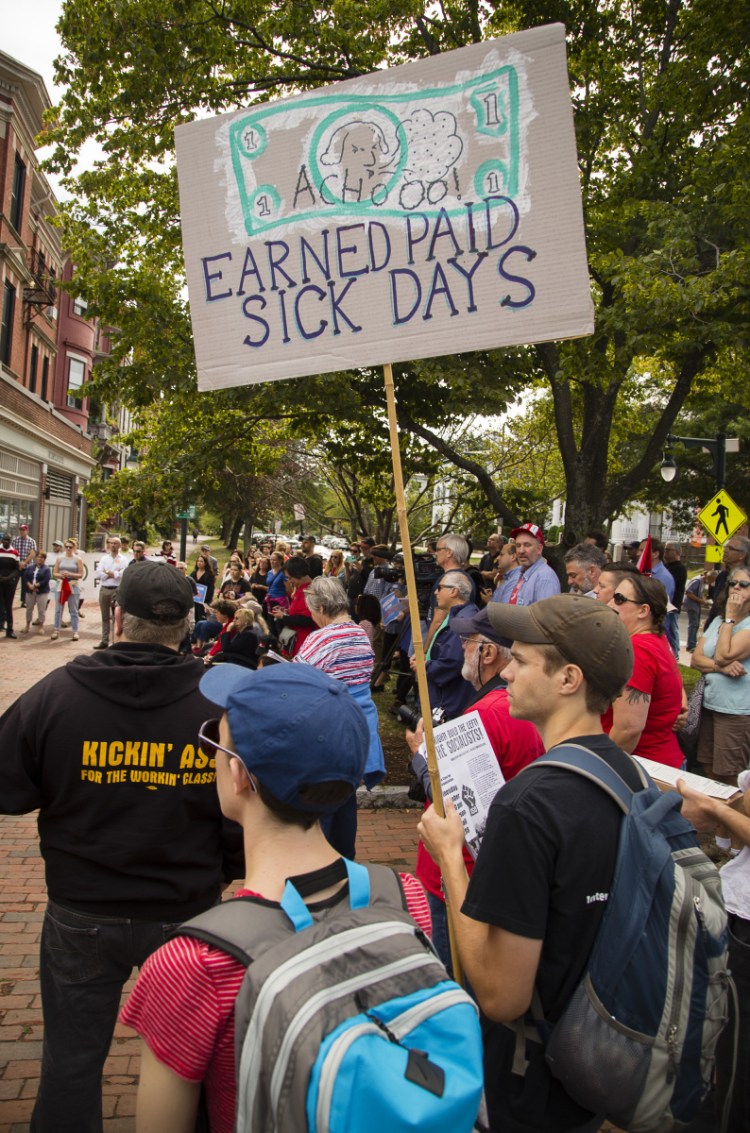Many Americans have fallen into the tempting trap of thinking that the way to achieve social goals is to impose mandates of various kinds on private businesses. The mandated benefits and beneficiaries are obvious; the necessary trade-offs and adverse consequences are less obvious, and most people don’t want to appear to be Grinches by suggesting that one-size-fits-all workplace policies aren’t a good idea.
Advocates of a uniform paid sick leave policy argue that everyone would be better off if sick employees didn’t have to show up at the office to get paid. Employers understand this, which is why many of them already include sick leave in compensation packages that they use to compete for the employees they need. The rub is that every benefit has a cost which is paid in the form of lower profits, higher prices to consumers, lower salaries or reduced benefits of other kinds. Some firms can make these trade-offs more easily than others.
Minimum wages have risen because enough well-intentioned voters and legislators convinced themselves that the negative consequences of large increases would be minimal. The actual and predictable results have been closed businesses and lost jobs in places like Seattle and New York where the increases were especially steep. Forcing a paid leave policy on every business irrespective of its circumstances is another waypoint on a slippery slope, and would have similar effects.
Third parties aren’t in a good position to determine the right compensation mix for either employers or employees, some of whom may prefer higher salaries instead of more benefits. These voluntary arrangements should be worked out in a competitive marketplace, and legislators should resist the temptation to meddle.
Martin Jones
Freeport
Send questions/comments to the editors.



Success. Please wait for the page to reload. If the page does not reload within 5 seconds, please refresh the page.
Enter your email and password to access comments.
Hi, to comment on stories you must . This profile is in addition to your subscription and website login.
Already have a commenting profile? .
Invalid username/password.
Please check your email to confirm and complete your registration.
Only subscribers are eligible to post comments. Please subscribe or login first for digital access. Here’s why.
Use the form below to reset your password. When you've submitted your account email, we will send an email with a reset code.